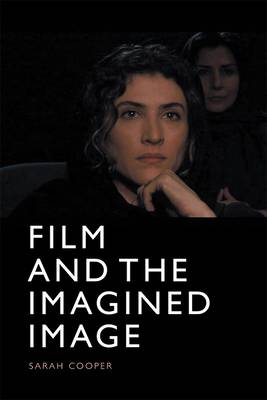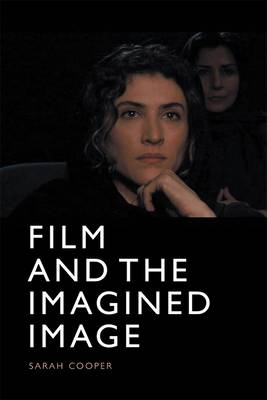
- Retrait gratuit dans votre magasin Club
- 7.000.000 titres dans notre catalogue
- Payer en toute sécurité
- Toujours un magasin près de chez vous
- Retrait gratuit dans votre magasin Club
- 7.000.000 titres dans notre catalogue
- Payer en toute sécurité
- Toujours un magasin près de chez vous
Description
From documentary to art-house cinema - and from an abundance of onscreen images to their complete absence - films that experiment variously with narration, voice-over and soundscapes do not only engage viewers' thoughts and senses. They also make an appeal to visualise more than is perceptible on screen.
This book explores the extraordinary ways in which film can stimulate and direct the image-making capacity of the imagination. Bringing together an international range of films with debates in philosophy, film theory, literary scholarship and cognitive psychology, author Sarah Cooper charts the key processes that serve the imagining of images in the light of the mind.
Through its navigation of a labile and vivid mental terrain, this innovative work makes a profound contribution to the study of spectatorship.
Spécifications
Parties prenantes
- Auteur(s) :
- Editeur:
Contenu
- Nombre de pages :
- 208
- Langue:
- Anglais
Caractéristiques
- EAN:
- 9781474452793
- Date de parution :
- 26-05-21
- Format:
- Livre broché
- Format numérique:
- Trade paperback (VS)
- Dimensions :
- 156 mm x 234 mm
- Poids :
- 299 g







